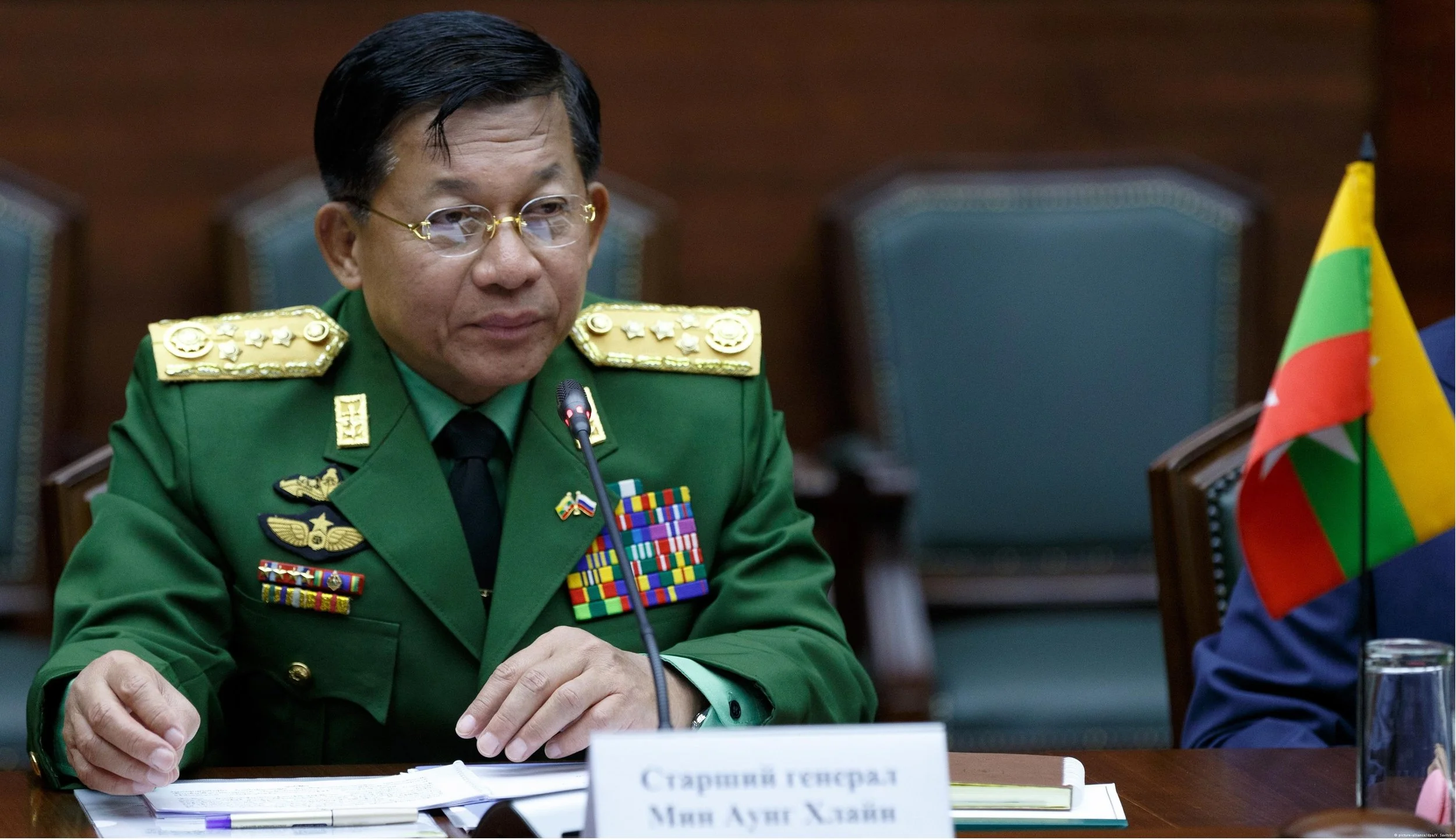Written by Perle Petit
Hun Manet’s image as a ‘clean politician’, in combination with the relative stability of the country (when compared to regional neighbours), will most likely play in the government’s favour in terms of improving Cambodia’s relationship with the West.
Read More
















